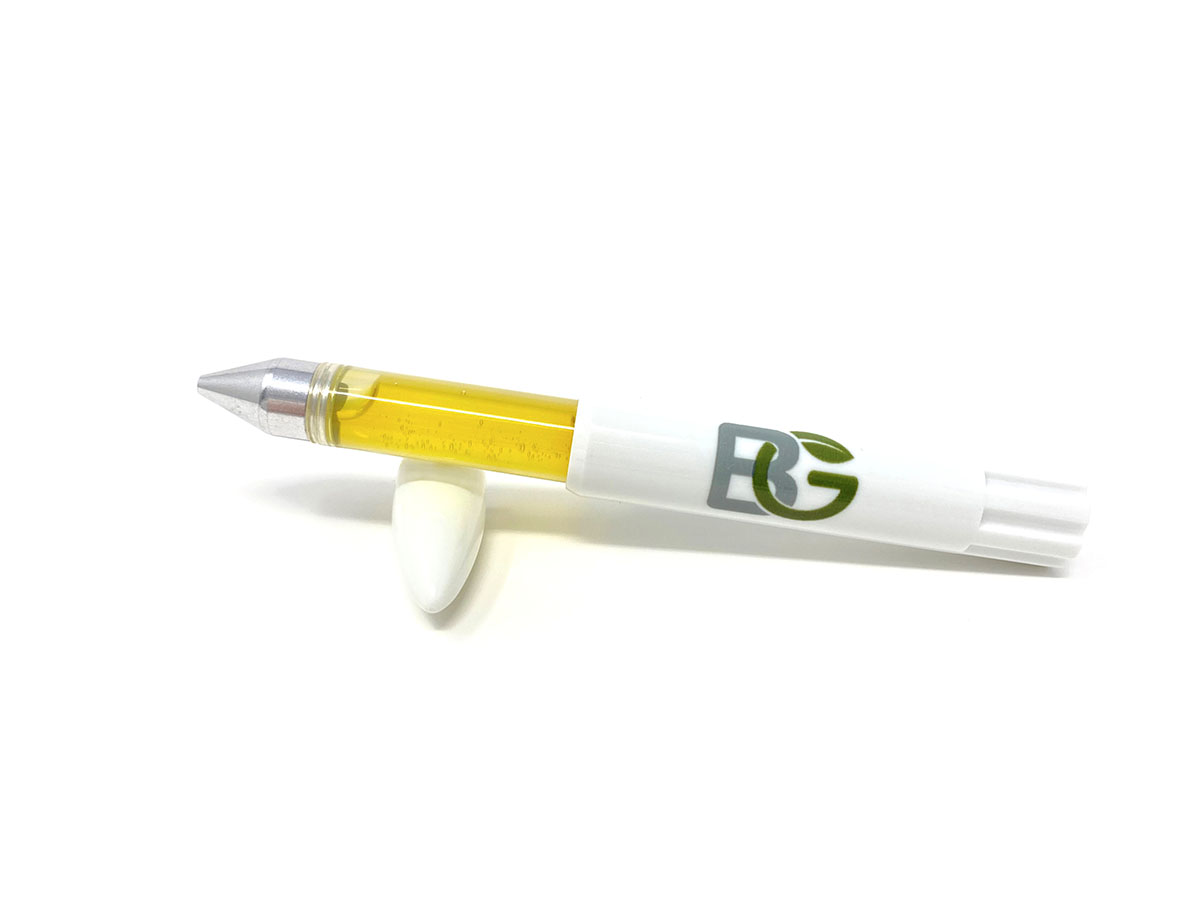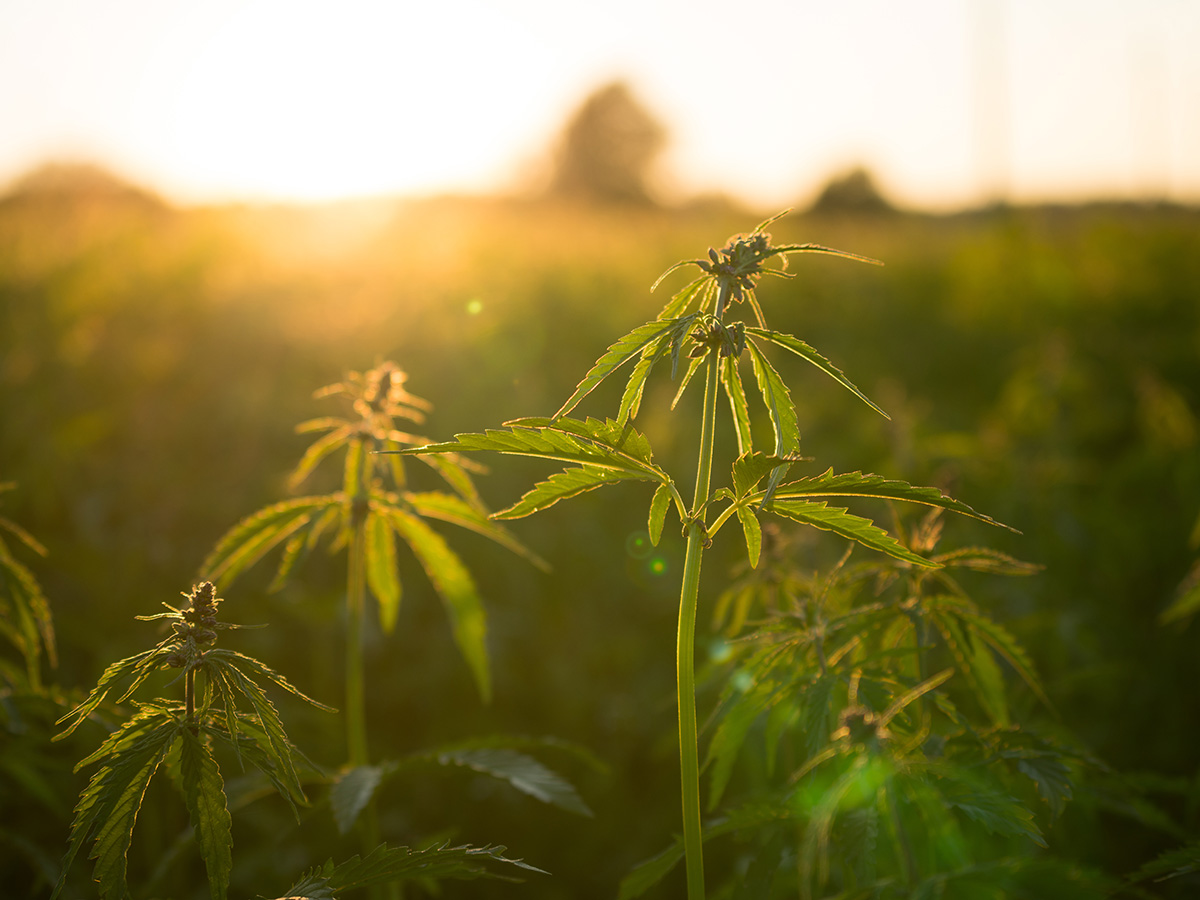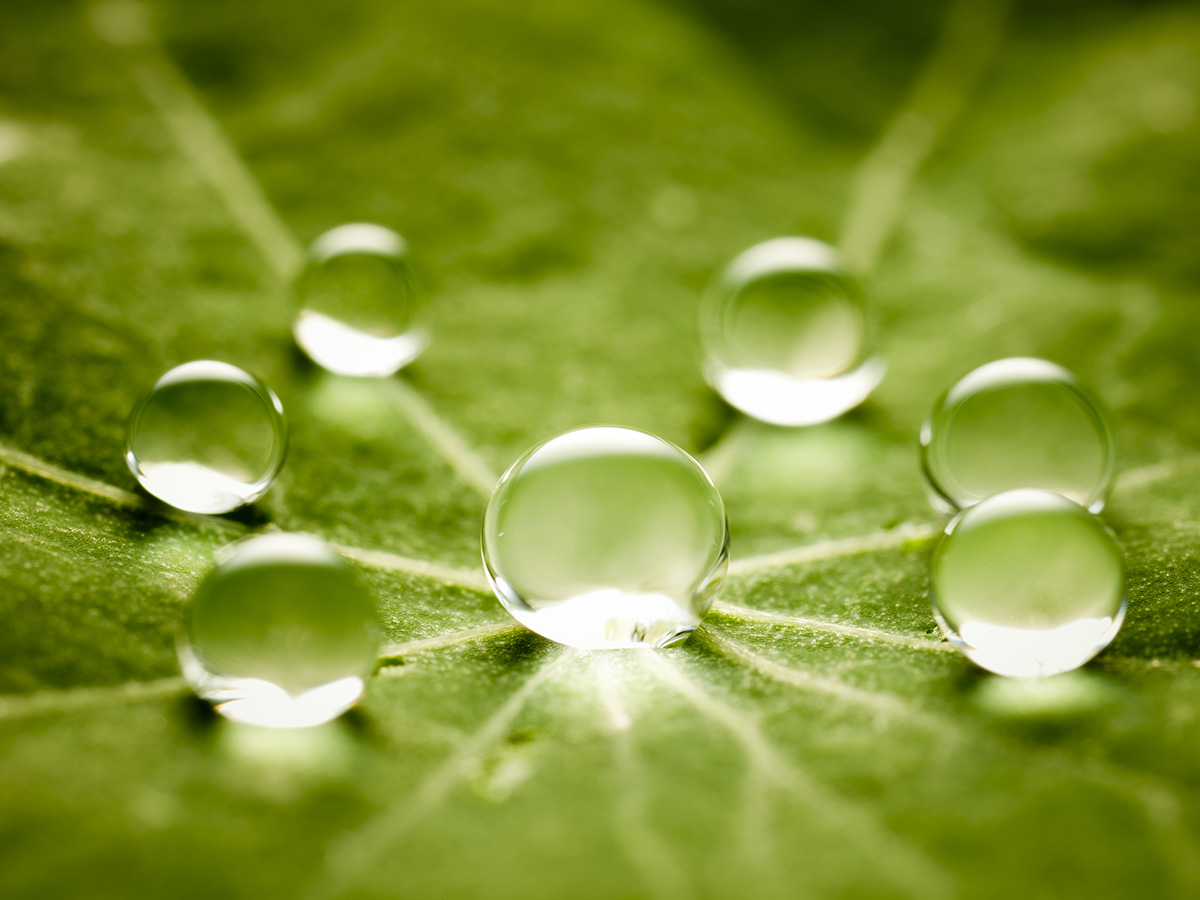
[REDIRECTED] How Cannabis Can Help with Sleep
June 24, 2020
Spring is finally here, and along with it comes the start of longer days as the earth increases its tilt toward the sun. While the long days are welcome for fun outdoor activities, all the extra light can keep your bedroom too bright and make it hard to get to sleep. Cannabis can help!
How Light Interferes with Sleep
According to the National Sleep Foundation, lightness and darkness are strong signals that tell your body when it's time to rest or jump out of bed and get ready for the day.

Light is a key player in controlling our circadian rhythm, which regulates our sleep patterns. Your body is equipped with a pineal gland, which secretes a sleep hormone called melatonin when it gets dark. But when it's still light outside, your brain receives messages that it's time to be awake, which reduces the production of melatonin and makes it harder to fall asleep. It's not only the sun that can send these wake-up messages. You can get them from electronic devices, passing headlights, street lights, or even bright clocks.
The truth is, trying to sleep when the sun's out or with any artificial light sources can negatively impact your sleep cycle. It could be as minimal as taking a little longer to fall asleep, or as severe as preventing you from entering your first REM cycle. Either way, we've got some solutions to help you sleep better in the spring and summer.
Stick to a Routine
The body needs time to prepare for sleep, and maintaining a bedtime routine helps make sure you get that preparation every night. Try keeping a consistent bedtime and avoiding food and alcohol before bed. Heat can also play a role in our quality of sleep, so try to stick to cool bedroom temperatures between 60 and 68 degrees.
Developing a bedtime routine that includes slowly darkening the room can also help your body get ready for bed. Try to dim the lights an hour before you hit the sack to help your body begin its physiological processes toward sleep. You can use a dimmer switch to control the brightness of overhead lights or install dimmable bulbs in lamps.
Why Cannabis Can Help You Sleep

Cannabis has the ability to relax your body and mind, putting you in the right mindset for a great night's sleep at any time of the year. But cannabis can be particularly helpful during the summer months when it stays light out late. Why? Cannabis activates our endocannabinoid system. This system regulates many major functions in our body and helps maintain overall homeostasis. One of its jobs is maintaining our circadian rhythm, which is our inner clock that influences our sleep/wake cycle. So, incorporating cannabis into your bedtime routine not only puts you in a state of relaxation but also helps to promote sleep/wake balance and healthy sleep cycles.
If you want to develop a bedtime routine that includes cannabis, it’s important to consider your options. Not all consumption methods have the same effects or the same onset time.
Inhaling cannabis has a fast onset.
Smoking, vaping, and dabbing are all good choices for bedtime. They have a fast onset and will produce relaxing and soothing effects within minutes. That means you can partake right before bed without much preparation. Indica strains are the most popular choice for adding to a bedtime routine because they tend to have more sedating effects than sativas. Why? Indicas usually contain more of the terpene called myrcene, which is known for its ability to produce a tranquil, sleepy feeling. Some of our favorite indica strains for bedtime are Alien Dawg, Black Afghani, Chem Dawg, Dark Bar and Trill OG.
Cannabis-infused edibles have a strong effect.
Many people find that edibles produce a more intense effect than inhalation, and this makes sense! Edibles usually cause a stronger psychological and physical response to the euphoric effect of THC. Because of this, people find that edibles make a convenient and effective aid for a restful night's sleep. If you are going to make edibles part of your bedtime routine, remember that they have an onset time of anywhere between 30 to 90 minutes. The emptiness or fullness of your stomach will also play a part in the onset time and intensity of your experience. Some of our favorite edibles for relaxing include Stratos Sleep Tablets, Wana Yuzu Gummies, and Cheeba Chews Sleepy Time.
Cannabis tinctures allow for more accurate dosing.
Tinctures are another great alternative to smoking at bedtime. They allow you to avoid the extra calories from edibles as well as the need to eat close to bedtime. Tinctures produce strong physiological effects that can help you fall asleep, but with a shorter onset than edibles. Tinctures are also a great way to dial in the perfect THC:CBD ratio to send you off to dreamland. Plan on taking a tincture around 15 to 30 minutes before going to bed, and you’ll be on your way to a restful night’s sleep. Some of our favorite tinctures include Tonic Drops 20:1, Marqaha Entourage Indica, and Mary's Medicinals Remedy Oil.
Some other ideas to help you get some shut-eye
- Block the Sun - Light control is critical for switching on your body's sleep hormone production. Make sure your window shades are thick enough to block out light fully and are fitted well enough to avoid any sunshine or streetlight.
- Unplug - A good rule of thumb is to turn off screens an hour before bedtime. The light from electronic devices contains high levels of blue light, a wavelength that has shown to be particularly bad for getting to sleep.
- Try a Mask - An eye mask can be a great solution to help intensify darkness and protect against any intrusive light. Make sure you choose one that is flexible, comfortable, and soft.
While there's no cure-all for sleep issues, cannabis can be an excellent tool for helping you get the regular shut-eye you're craving. Have fun experimenting until you find a combination or method that works best, and ask your budtender for their suggestions. You'll soon be on your way to fantastic sleep!
LivWell makes no claims regarding the health and medical benefits of cannabis.


